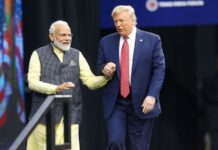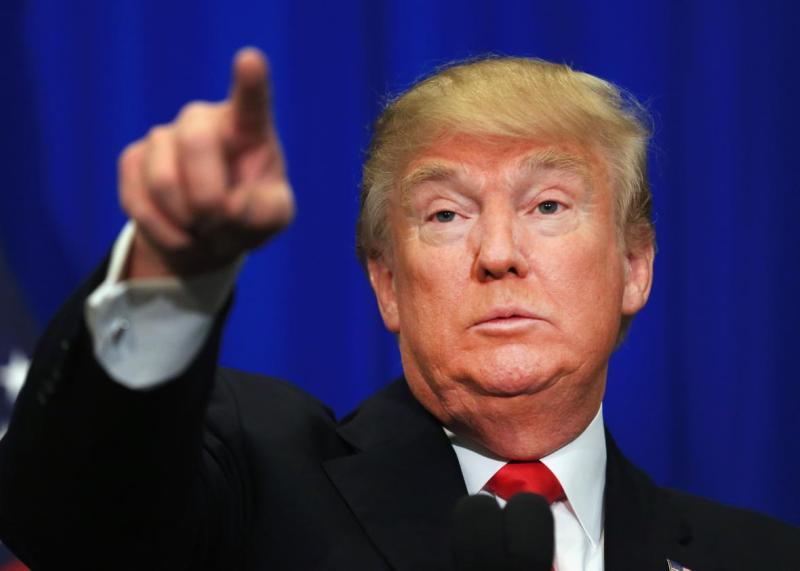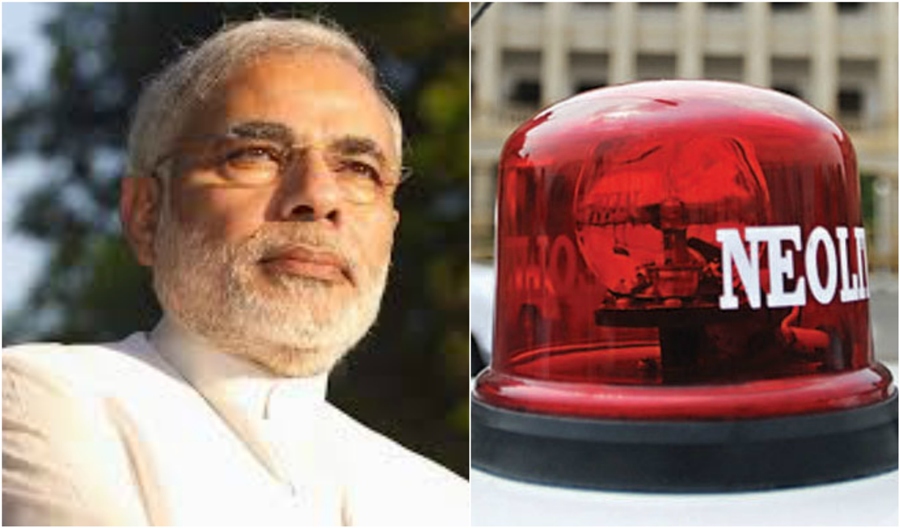The crowd likes a leader who is confident. No matter how little such a leader is, the public believes him to be right.
On one hand, there is a presidential election in America (American primary election 2020) and on the other side there is a boom of assembly elections in Bihar. Leaders from the country to the world are constantly making rhetoric against their side and other leaders. Sometimes these statements become quite absurd but it does not make much difference. Many leaders sitting at the top became famous due to their absurd statements. Doesn’t saying strange things go against the leaders? Know, based on what the people choose the leader.
Psychology works
During the election campaign, all the politicians make almost one promise that after coming, they will give relief in tax, promises of studies, talk of jobs and claims of the safety of women. This pattern is almost the same in the country and the world. Even after this, the tax burden increases on the general public every year and unemployment is also going up. Even after this, the public chooses someone or the other. Psychologists believe that psychology works behind it. It is so deep that even if the leader is less than common sense, the public likes him.
Bush’s Bushism is still popular today
For example, if we talk about America’s politics, then George W. Bush, who lived in the White House for 8 consecutive years – it was discussed about him that when he speaks, there will be some silly thing. It has been told in The Guardian that the term for this had become popular among the American public and especially the journalist fraternity, which is called Bushisms. That is, whenever there is an absurd thing, it should be called Bushism. Even American citizens quote Bush’s statements in such contexts.
Now the question arises that why the public chooses such people as their leader. So there is deep psychology behind this. The crowd likes people who are full of confidence, and accepts them, even if it is wrong. This has been revealed in many studies. So if the leaders show confidence and keep telling themselves right then people finally accept it as true.
confidence has nothing to do with intelligence. Rather it was found that those who are more intelligent, their confidence is weak. Because they themselves do not feel full of their knowledge. A study by Arizona State University states that in self-appraisal, only those people are able to tell themselves the best, who do not really know anything. Since they know less, they do not even know any deficiency within themselves. And they are full of confidence. That is, the overall Confident Leader, though less knowledgeable, entices the public.
accessible to the public
Another feature of a popular leader is that people are able to relate themselves to him. Like George Bush, people thought that he could go and sit with them at any time. He kept his image as an accessible leader, which anyone could reach. This was in his favour because such a leader may have to reduce the work, but only together he is able to satisfy the people’s ego
The more intelligent, the less popular
on the contrary, if it is impossible for the public to meet or join a leader, then it spoils his image. The public feels that this leader has been formed by our vote and it does not even know about our problem. So they make a distance from it. Psychologists also explain this by saying that more intelligent and sensitive people are less popular in office or public places than those who are less intelligent but accessible
likes to target small problems.
There is another theory of psychology, called Parkinson’s law of triviality. Under this, people discuss and give more time to those things, which are small things or problems. At the same time, since most people have limited information about major problems, they neither talk like this nor do they like those who talk about such things. The same happens when choosing a leader. If a leader talks to the bottom of the country or global problems, then people will throw away from him and instead choose a leader who can speak on those things, on which they themselves often discuss.



















































